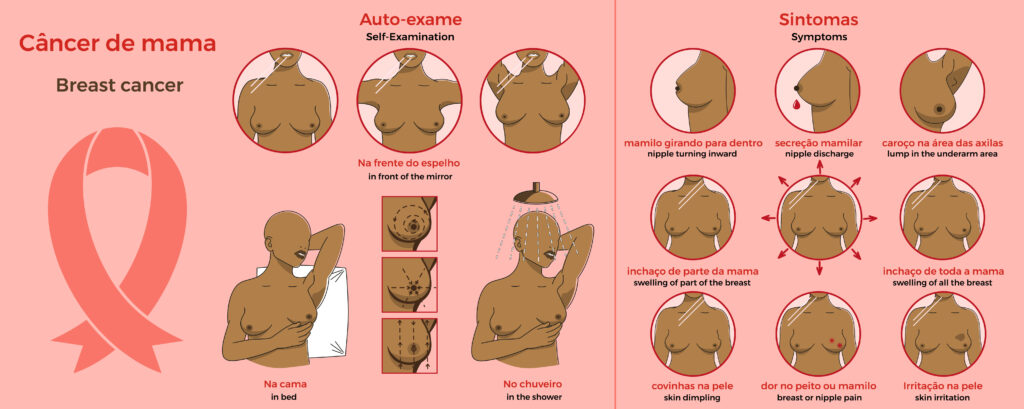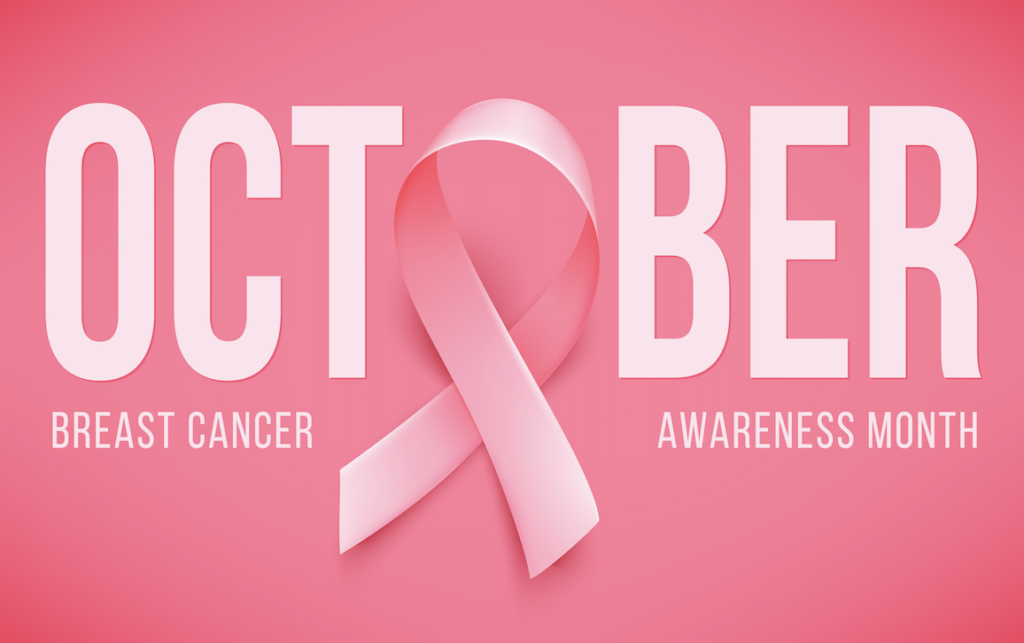What is Breast Cancer Awareness?
October is Breast Cancer Awareness Month. It is an annual campaign to increase knowledge and funds for the disease. Each year, the campaign focuses on a different aspect of breast cancer. Breast cancer is a type of cancer that forms in the tissues of the breast. It is the most common type of cancer in women, after skin cancer. There are many myths surrounding breast cancer. One of these, for example, is that it’s a “female-only” disease since most cases occur in women. There have been some notable exceptions to this rule – men can get grade 3 or 4 invasive ductal carcinomas on their prostate!
Many women take the time to reflect on everything that Breast Cancer Awareness Month has brought to light. This year, conversations around breast cancer have focused on individuals at risk or considered more likely to develop the disease. While there is no surefire way to prevent breast cancer, being aware of your risk factors and taking proactive steps can help lessen your chances of developing the disease.
How to reduce your Breast Cancer risk?
1. Maintain a healthy weight: Studies have shown that women who are overweight or obese are at a higher risk for developing breast cancer.
2. Exercise: Regular exercise helps you maintain a healthy weight and lower your risk of breast cancer.
3. Eat a balanced diet: Eating plenty of fruits, vegetables, and whole grains can help reduce your risk of developing any cancer, including breast cancer.
4. Limit alcohol intake: Women who excessively drink alcohol are at an increased risk of developing breast cancer.
5. Get screened annually: Mammograms and other screening tests can detect tumors before they become symptomatic and increase your chances for successful treatment.
6. Monthly self-examinations: The chance for women to get breast cancer is higher if they are in their 40s or 50s. Keeping up with self-exam and routine checkups can help lower your risk factor over time! I recommend doing your self-examination after your menstrual cycle. If post-menopausal, decide a time for when you will do your monthly check. I recommend doing these monthly checkups in the shower after you have lathered up with soap. The soap will work as a lubricant to help glide your fingers over your breast tissue rather than rubbing with friction. It is never too late when it comes down to how much we know about our bodies. With these examinations, you will become familiar with your breast tissue so you can tell your physician of any abnormalities.

This October, take some time to learn about breast cancer prevention and early detection methods so you can be empowered to protect yourself and your loved ones.
Resources
Resources: https://www.nationalbreastcancer.org/breast-health-education


